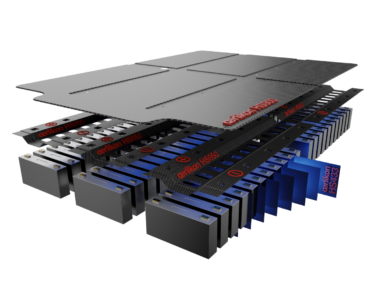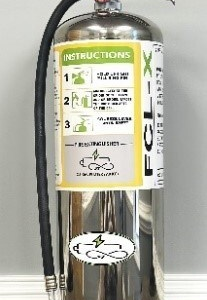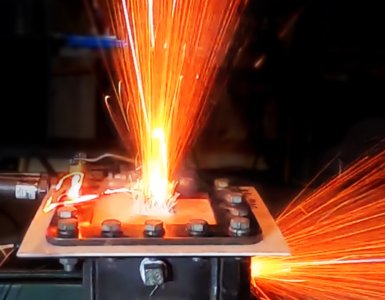Cheat Sheet: What you need to know about lithium-ion batteries and fire risk.
This year alone there have been 35 house fires caused by lithium-ion batteries in New Zealand.
One Auckland woman recently told how her house was engulfed in flames due to the spontaneous combustion of a drill battery that was not in use or charging at the time.
So what do you need to know about lithium-ion batteries and the fire risk they can pose?
What is a lithium-ion battery?
A lithium-ion battery is a type of rechargeable battery that is known for being small, lightweight and long-lasting.
They’re often used to provide power to a variety of devices, including smartphones, laptops, e-bikes, e-cigarettes, power tools, toys and cars.
I have lithium-ion batteries at home, should I be worried?
According to Todd O’Donoghue, a risk reduction and investigations manager for Fire and Emergency NZ, those with lithium-ion batteries at home don’t need to worry.
O’Donoghue said that:
As with any product, a small number of these batteries can be defective.
This can result in them overheating, catching fire or exploding. In rare cases they’ve been known to spontaneously combust while charging, for example.
What can I do to minimise the risk of lithium-ion batteries?
There are a few key things you can be doing to minimise the risk of lithium-ion batteries.
Don’t:
- Charge any devices under a pillow, on a bed or on a couch.
- Use or charge a battery that shows signs of swelling, overheating or any other form of damage.
- Leave devices in direct sunlight or hot vehicles.
- Dispose of lithium-ion batteries in general rubbish.
- Leave discarded batteries in piles.
Do:
- Only use the battery and charger that are designed for the device.
- Store and charge devices on non-flammable surfaces.
- Dispose of lithium-ion batteries in the recycling.
What causes lithium-ion batteries to catch fire?
What actually causes lithium-ion batteries to catch fire varies, but manufacturing defects, design flaws, abnormal or improper usage, and charger issues have all been known to cause them to set alight.
When a battery is defective or fails, it produces a very intense flash of flames, which can then cause flammable materials around it to catch fire.
What should I do if my lithium-ion battery does set fire?
If you notice the battery is swelling, smoking or overheating, and it’s safe to do so, turn off the power and move the device away from any flammable materials.
However, if you’re in any kind of immediate danger, leave the device, remove yourself from the situation and call 111.
READ the latest Batteries News shaping the battery market
Cheat Sheet: What you need to know about lithium-ion batteries and fire risk, August 22, 2022









